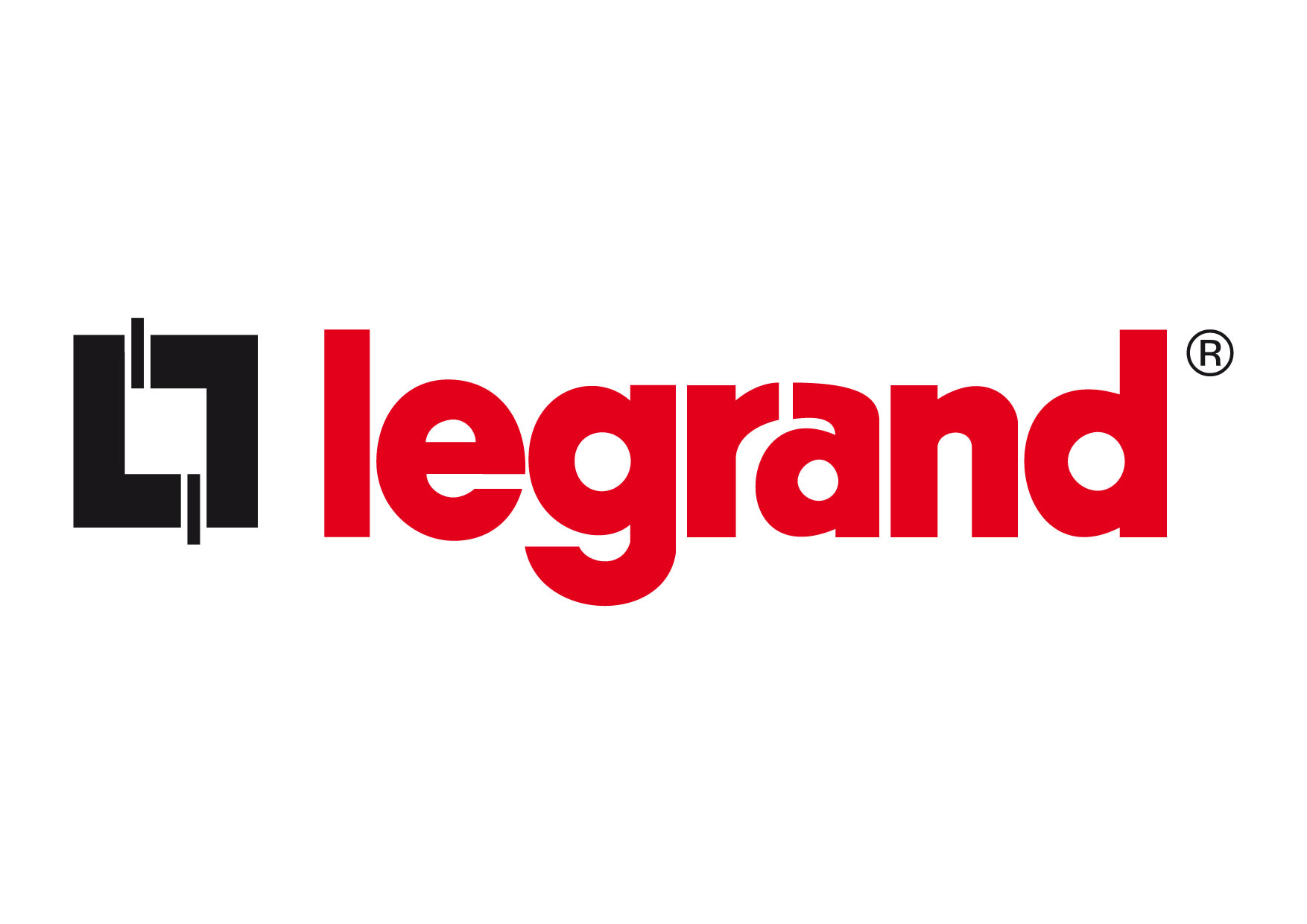Today, Legrand joined President Obama and Department of Energy officials in Washington, D.C. to announce the company has joined the Better Building, Better Plants Presidential Leadership initiative to create American jobs through energy efficiency.
Legrand is a manufacturer of electrical and data networking products for residential, commercial or industrial buildings. The company is one of just nine U.S. industrial organizations that have joined the initiative as Challenge Partners, pledging to the most aggressive energy savings, management and reporting practices outlined in a U.S. Department of Energy agreement.
By encouraging office and plant upgrades and renovations, the deployment of energy-saving solutions will boost local construction projects and expand opportunities for architects, design engineers, contractors and installers in communities throughout the U.S.
“People think energy-saving solutions are more complex than they are,” explained John Selldorff, president & chief executive officer of Legrand North America. “We hope to show our customers, suppliers and other mid-size manufacturers how to cut through the complexity with simple, repeatable solutions that are currently available to significantly reduce energy consumption. It can be as simple as controlling the lights to make sure they are off when not needed.”
The Better Building Challenge reporting requirements demand transparency and encourage replication of Challenge Partner projects across the U.S. economy.
“As other companies see what we do and deploy these ideas, they’ll realize energy and cost savings and, ultimately, spur more job creation in their own communities,” continued Selldorff.
As a Challenge Partner, Legrand has agreed to a series of high-impact actions that include:
- Reduce corporate wide energy intensity by 25% over ten years.
- Implement a “Showcase” project at a single site that will achieve a 10% energy intensity reduction in just two years.
- Deploy a “market innovation” that will accelerate achievement of energy efficiency gains.
- Report regularly on progress toward goals and lessons learned in deploying innovations and energy efficiency solutions.
Specific Legrand energy saving pledges and projects will be announced at a later date; however, the company is already installing sub-meters technology at 14 of its U.S. offices, manufacturing plants and warehouses. The technology will allow Legrand to instantly measure energy use, determine where greater efficiencies can be achieved through lighting and plugload management, and identify other upgrades needed to achieve energy efficiency goals. BD+C
Related Stories
Architects | May 2, 2024
Emerging considerations in inclusive design
Design elements that consider a diverse population of users make lives better. When it comes to wayfinding, some factors will remain consistent—including accessibility and legibility.
K-12 Schools | Apr 30, 2024
Fully electric Oregon elementary school aims for resilience with microgrid design
The River Grove Elementary School in Oregon was designed for net-zero carbon and resiliency to seismic events, storms, and wildfire. The roughly 82,000-sf school in a Portland suburb will feature a microgrid—a small-scale power grid that operates independently from the area’s electric grid.
AEC Tech | Apr 30, 2024
Lack of organizational readiness is biggest hurdle to artificial intelligence adoption
Managers of companies in the industrial sector, including construction, have bought the hype of artificial intelligence (AI) as a transformative technology, but their organizations are not ready to realize its promise, according to research from IFS, a global cloud enterprise software company. An IFS survey of 1,700 senior decision-makers found that 84% of executives anticipate massive organizational benefits from AI.
Codes and Standards | Apr 30, 2024
Updated document details methods of testing fenestration for exterior walls
The Fenestration and Glazing Industry Alliance (FGIA) updated a document serving a recommended practice for determining test methodology for laboratory and field testing of exterior wall systems. The document pertains to products covered by an AAMA standard such as curtain walls, storefronts, window walls, and sloped glazing. AAMA 501-24, Methods of Test for Exterior Walls was last updated in 2015.
MFPRO+ News | Apr 29, 2024
World’s largest 3D printer could create entire neighborhoods
The University of Maine recently unveiled the world’s largest 3D printer said to be able to create entire neighborhoods. The machine is four times larger than a preceding model that was first tested in 2019. The older model was used to create a 600 sf single-family home made of recyclable wood fiber and bio-resin materials.
K-12 Schools | Apr 29, 2024
Tomorrow's classrooms: Designing schools for the digital age
In a world where technology’s rapid pace has reshaped how we live, work, and communicate, it should be no surprise that it’s also changing the PreK-12 education landscape.
Adaptive Reuse | Apr 29, 2024
6 characteristics of a successful adaptive reuse conversion
In the continuous battle against housing shortages and the surplus of vacant buildings, developers are turning their attention to the viability of adaptive reuse for their properties.
AEC Innovators | Apr 26, 2024
National Institute of Building Sciences announces Building Innovation 2024 schedule
The National Institute of Building Sciences is hosting its annual Building Innovation conference, May 22-24 at the Capital Hilton in Washington, D.C. BI2024 brings together everyone who impacts the built environment: government agencies, contractors, the private sector, architects, scientists, and more.
Mass Timber | Apr 25, 2024
Bjarke Ingels Group designs a mass timber cube structure for the University of Kansas
Bjarke Ingels Group (BIG) and executive architect BNIM have unveiled their design for a new mass timber cube structure called the Makers’ KUbe for the University of Kansas School of Architecture & Design. A six-story, 50,000-sf building for learning and collaboration, the light-filled KUbe will house studio and teaching space, 3D-printing and robotic labs, and a ground-level cafe, all organized around a central core.
Sports and Recreational Facilities | Apr 25, 2024
How pools can positively affect communities
Clark Nexsen senior architects Jennifer Heintz and Dorothea Schulz discuss how pools can create jobs, break down barriers, and create opportunities within communities.

















